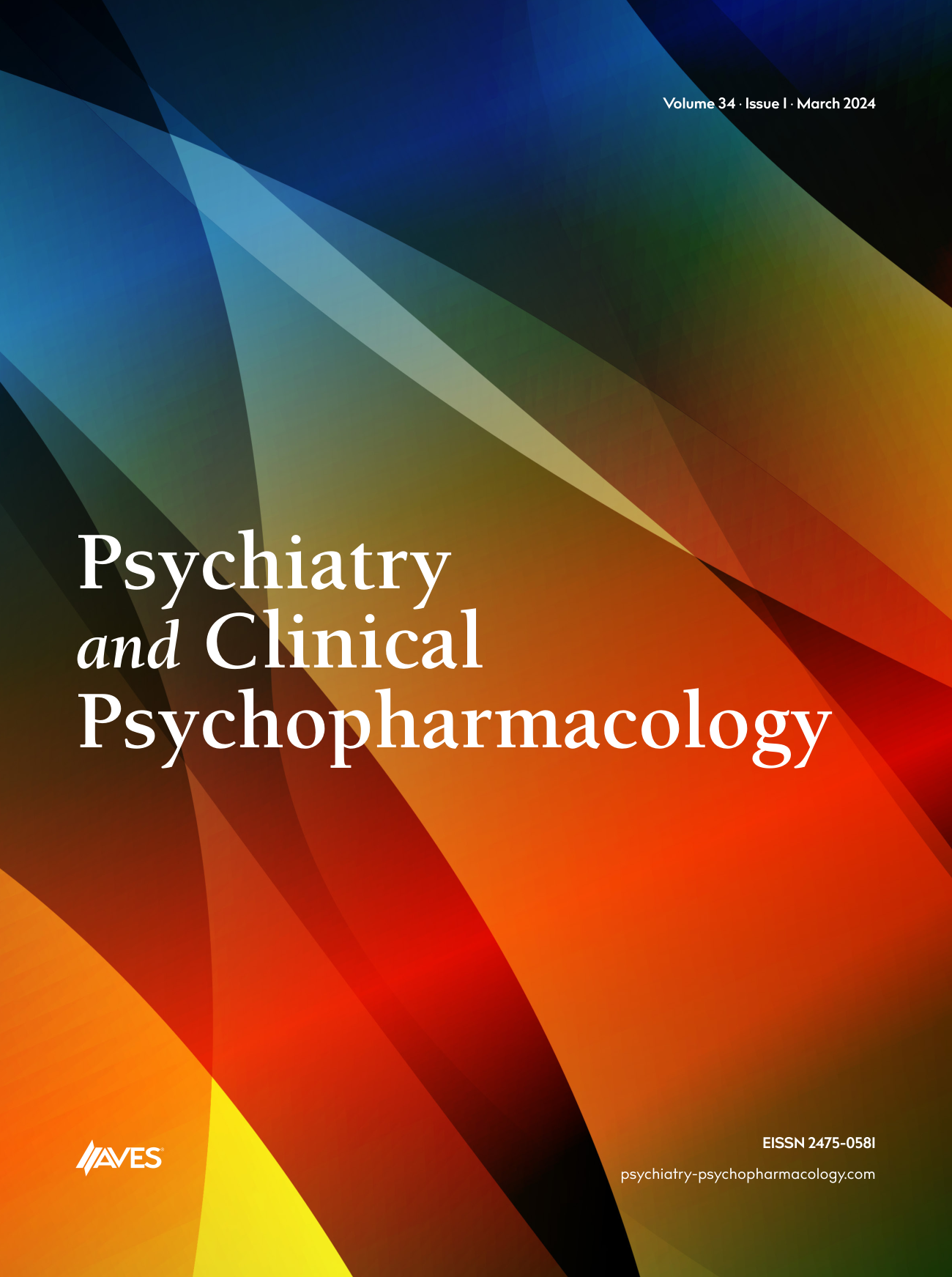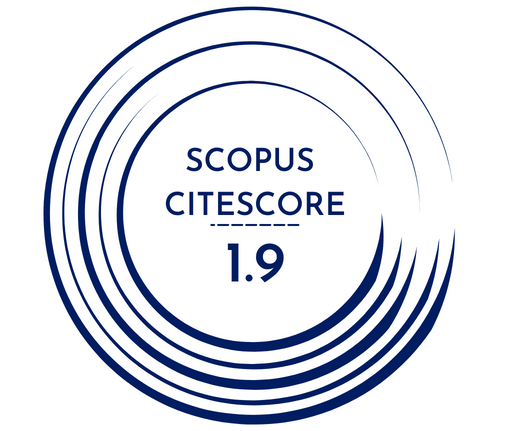Objective: The recent emergence of Synthetic Cannabinoids (SCs) has become a serious public health problem. Here we aimed to analyze the frequency of SC use and its relationship with sociodemographic characteristics and treatment outcomes in alcohol- and substance-dependent inpatients retrospectively.
Methods: We retrospectively analyzed medical records of 323 inpatients that were treated at the alcohol and substance dependence treatment center between January 2012 and December 2013. The data were extracted from patient records.
Results: The mean age of SC users was lower than for patients without a history of SC use. The mean duration of education was shorter for SC users. Age at first drug use of SC users was lower, numbers of hospitalizations were lower and duration of substance use was shorter in SC users compared with the other substance user groups. The rate of legal issues was higher in the SC-use group. The rate of lapse and the rate of dropout was higher in patients with SC use than in other substance users (for all p< 0.05). Age, age at first substance use, duration of use (years) and criminal records were predicted as determining variables for SC use in inpatients.
Conclusions: In conclusion, the socio-demographic characteristics can be included as predictive factors for SC use.



